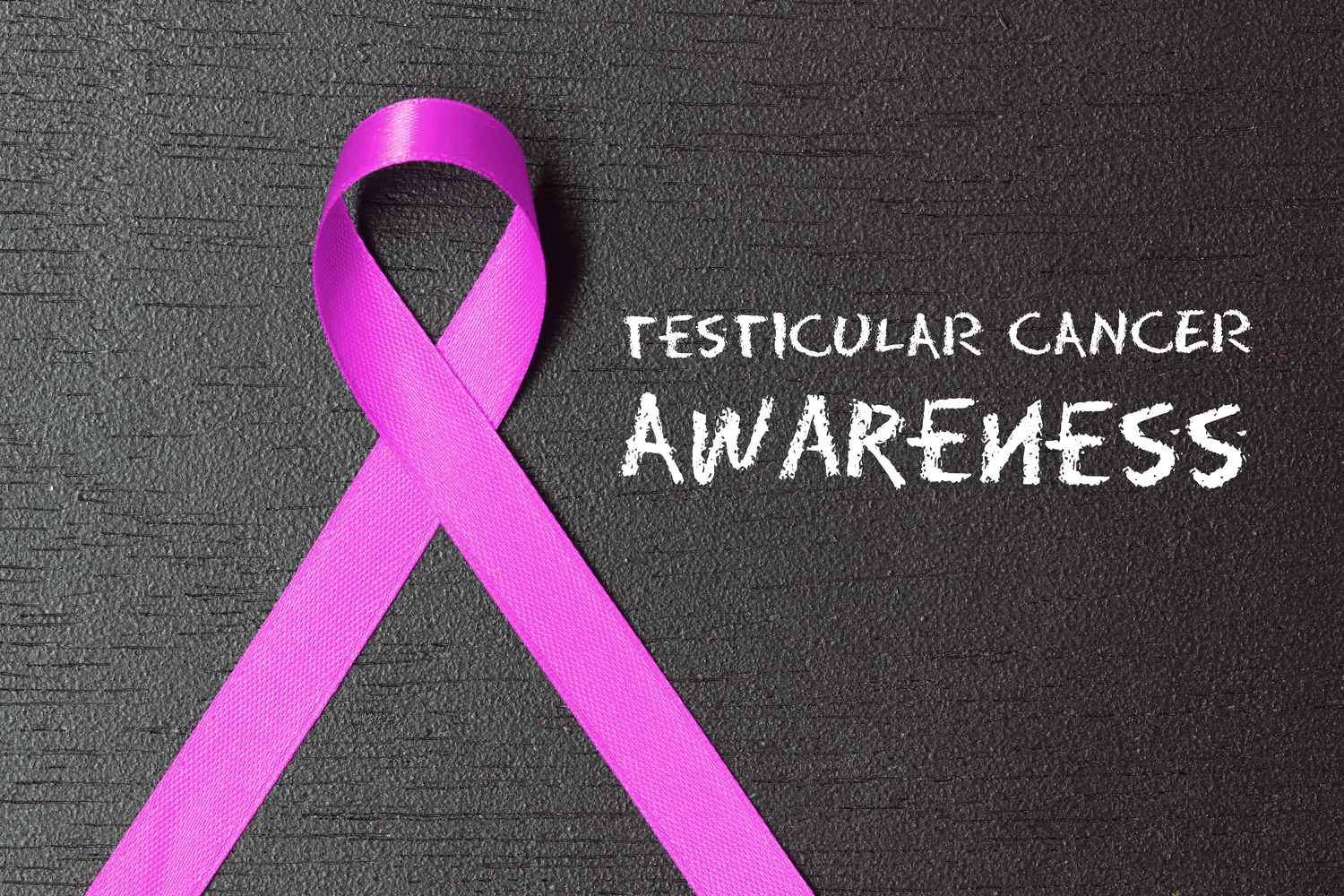
All you need to know about testicular cancer
Testicular cancer is a form of cancer that affects the testicles. It is one of the rarer forms of cancer. While it can affect men of any age, it is most common in middle-aged men and adolescent males.
Symptoms
Here are a few symptoms that indicate that a person may be suffering from testicular cancer:
- The most common indicator is a dormant and painless lump in the testicle
- A sensation of extra weight in the scrotum
- Swelling in the testicular region
- A continuous and passive feeling of pain in the groin and testicles
A lump or outgrowth must always be considered as a potential tumor. According to the American Urological Association, 75 out of every 100 men who suffer from testicular cancer have complained of the presence of a lump. 17 of the 75 men have experienced painful lumps. If anyone experiences such symptoms for a period of more than two weeks, it is necessary to consult a urologist without any delay. Without quick action, the cancerous cells could spread to the other parts of the body. It is also necessary to visit a medical practitioner so that they can rule out other conditions with similar symptoms like inguinal hernia, epididymitis, testicular torsion, and hydrocele.
Diagnosis
The doctor may conduct a physical exam to check for signs of swelling and lumps. If one visits a urologist, they may order the administration of an ultrasound and blood test to get an accurate diagnosis.
Risk factors
When it comes to reviewing the risk factors of testicular cancer, the most worrisome and common one is cryptorchidism (undescended testicles). During the development of the fetus, the testicle forms in the abdomen and drops down to the scrotum. When this does not happen, a person is said to have cryptorchidism. It is not irreparable and can be fixed by surgery. Testicular cancer could develop in around 8 out of every 100 patients who have an undescended testicle that hasn’t been fixed with surgery.
People who have a family history of testicular cancer, especially one that involves close family members (fathers and brothers) must be vigilant. If a person has a family history of testicular cancer, it is pertinent for them to undergo a self-exam at least once a month to check for lumps and swelling.
Treatment options
Treating testicular cancer with surgery entails the removal of a testicle. It is essential to note that this does not affect fertility in any way, but it can lead to a temporary reduction in sperm production and the inability to ejaculate. These problems are rare and can be rectified by administering prescribed medications.
If a person has been diagnosed and treated for testicular cancer in the past, they must go for regular follow-ups for the next few years. These sessions will involve X-rays, CT scans, and blood tests to check for signs of recurrence.


